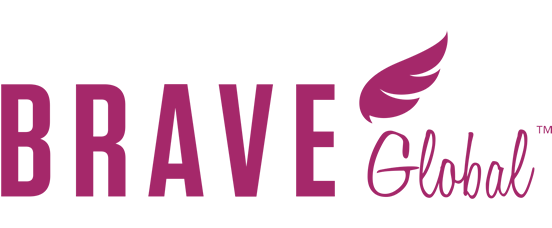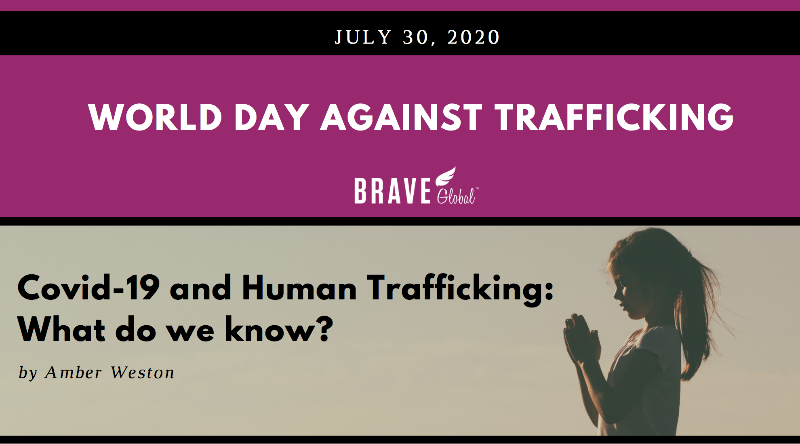COVID & Trafficking
Many of us were shocked to read the headlines about Wayfair last month, accusing the furniture retailer of trafficking children within the industrial cabinets they were selling at extremely high price points. These claims spread like wildfire across social media, as influencers gained popularity and followers by speaking up on this accusation. The claims have been proven to be false, but the topic of human trafficking is fresh in all of our minds.
Outside of this one story, we do know that children and adults are being bought and sold globally, with human trafficking being a $150 billion dollar industry; with $99 billion dollars being earned on sexual exploitation each year.
As the world has slowed down under strict stay-at-home orders, it is important to think about how these orders will impact human trafficking victims.
Myth: Human trafficking is decreasing because we are at home on quarantine.
- Though agencies are finding it difficult to gather data at this time, it is clear that the virus is creating vulnerabilities. There is less access to resources, a decline in resources to help identify victims, such as educators and healthcare professionals, and an increase in vulnerabilities due to increased economic needs, increased substance abuse, and unstable living conditions.
- Thus, it is safe to assume that trafficking will actually increase at this time because more people are in a vulnerable place.
Fact: Vulnerable communities are more vulnerable than ever.
- According to U.N. News, 370 million kids are missing out on school meals, forcing them to the streets in search of food and money. This leads to increased risks of exploitation.
- “What is already clear is that we are going to see a surge in the number of individuals newly at-risk to exploitation and human trafficking; that those who were vulnerable before, will only be more so now; and that current survivors of human trafficking will be at higher risk of being re-trafficked due to a lack of potential employment options and a decrease in critical services.” (techagainsttrafficking.org)
Fact: Traffickers are finding new ways to exploit victims.
- Mama Fatima Singhateh, a U.N. Independent Human Rights Expert, says that traffickers are looking for new ways to exploit people, such as establishing delivery or “drive-thru” sexual services.
- U.N. News also reports a spike in users for websites featuring child pornography.
- The Polaris Project reports that some people who are economically vulnerable are being asked to exchange sex for rent payments.
Forbes.com reports that there is an “increase in demand for online sexual abuse material, with this comes an increase in the associated risks of online grooming.” Loss of face to face contact and loneliness amongst youth, may lead to increased risk-taking, such as sending nude photos online. - There is a misconception that trafficking has decreased, but it has actually just gone more underground during COVID. Because many hotels are not open as usual, exploiters are finding ways to traffic people at their residence or other places not under surveillance.
Myth: There is nothing that I can do about it. The problem is too big.
Thinking about this issue can be overwhelming. It is estimated that 40.3 million victims trafficked globally. It has been found that 70-80% of trafficked females in the United States come from the foster system. This vulnerable population is preyed upon, as so much of their energies are focused on mere survival. As they age out of the foster care system they become targets for pimps who first trick the girls into believing that they are in a loving and protective relationship. Because of the vastness of this problem we can feel like there is nothing that can be done.
Miley Waterman, CEO of Brave Global, says, “One of us can’t do everything, but all of us can do something.” Consider how you might be able to take a step below.
- Know your community. What organizations exist to combat trafficking? Is there an anti-trafficking task force? How can you support local organizations?
- Consider becoming a foster home, or participate in the foster to adopt system.
- Speak out in your immediate circle of influence using local statistics in order to spread awareness.
- Donate to a non-profit such as Brave Global (preventative) or Gems Uncovered (survivor aid).
- Implement internet safety in your own home. There will be an increase in online grooming. Know what your children are viewing. Check their phone. Restrict usage. Monitor their messaging and app usage with technologies such as Bark.
- Advocate to stay evictions in your community. Advocate for people to keep their utilities on, and for schools to continue to provide meals.
- If you see something, say something. Look for the signs that a person is being trafficked, and contact the National Human Trafficking Hotline at 888-373-7888 or text 233733.
Amber Weston is a freelance author for Brave Global. To read more from her, visit thegiltedlife.com
Do you know the signs of human trafficking?
- A person avoids eye contact, is fearful, anxious, depressed, tense, nervous or paranoid.
- Poor physical health, appears malnourished, shows signs of physical and/or sexual abuse.
- Lack of control: has few or no personal possessions. Not in control of their own money or identification documents.
- Evidence of controlling relationships, not allowed or able to speak for themselves.
- A third party may insist on being in control of schedules or social interactions.
- Lack of knowledge of whereabouts. Loss of sense of time.
- Unexplained or conflicting stories.
- Not free to come and go as they wish. (humantraffickinghotline.org)
Learn More
Do you want to learn more?

Brave is dedicated to resourcing our youth and caregivers during this difficult time. We invite you to be brave & join us by making a tax deductible donation.



I listened to Danielle’s chat with Nicky Gumbel on HTB online and was very inspired.
I feel a calling to work with Human trafficking NGOs but I am not really sure how/where to start. I noticed there was no Brave in the UK and I feel I could help with this. It would be great to hear back from you.
Thanks
My wife and I have an organization for kids called Kids In Action SD. We are based out of San Diego, CA. We are also missionaries. We are established and looking to expand our organization in Olongapo (Zambales), Philippines. We have travel there every year the past five years. I am the pastor of Impact Gathering Bible Fellowship. I have traveled on mission trip to the Puerto Rico and plan this September going to Brazil. I also plan on going to South Africa, Canada, England (UK), Australia, back to Puerto Rico and anywhere the Lord sends me.
I am reaching out to see if you would like to partner together.
Our website:kidsinactionsd.org. Facebook page: Kiamp John 3:16 KIA SD Missions.
May God continue to increase your organization in the work of serving others and providing hope. Blessings and love. Pastor Andre